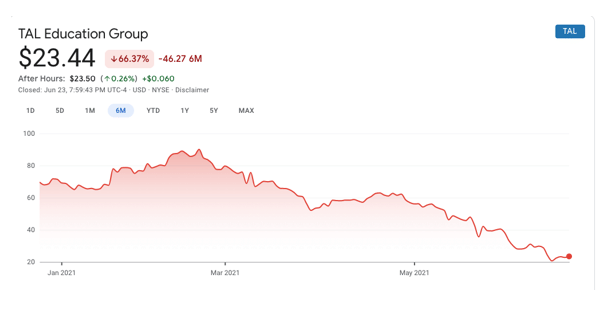
Thank you dear subscribers, we are overwhelmed with your response.
Your Turn is a unique section from ThePrint featuring points of view from its subscribers. If you are a subscriber, have a point of view, please send it to us. If not, do subscribe here: https://theprint.in/subscribe/
As we keep ourselves alive in these strange times, we are becoming more and more accepting of the fact that life is not going back to pre-covid. There is only covid and post-covid (whenever that is!)
We are settling into our online-first behaviour and enjoying the benefits of it as we get nostalgic about our outdoor adventures from time to time – making Covid a defining moment for online businesses.
Most of the online businesses saw a huge spike in their consumer base with ed-tech being one of them. A lot of ed-tech platforms witnessed their user base grow multiple times – something that would have easily required millions of marketing dollars in the pre-pandemic world.
Experts are now suggesting that India’s ed-tech industry is set to touch $30 billion mark in the next 10 years. The current market is pegged at $700-800 million. The sector has attracted billions in funding across the globe with the Indian ed-tech sector attracting more than $2 billion in funding in 2020.
With this pouring of VC money, we have also seen aggressive marketing and sales techniques to achieve unreasonable growth rates, target subscriptions, and DAU/MAU. Looking at these ads on social media, you are left amused, confused, and sometimes angry!
When you see ads claiming a 7 yr old being a TEDx speaker and the youngest app developer, you are left wondering whether it’s really true or just a gimmick.

We can almost draw a parallel with China here whose current ed-tech market size is almost $30bn. The questionable growth hacking tactics of the ed-tech companies in the country have led to regulatory interventions in recent months. According to China Daily, 15 tutoring firms are fined ~$5.73 million for false advertising and pricing frauds. The stock price of key Chinese ed-tech players like TAL Education group has taken a huge hit since the news about regulatory changes leaked in the market.

Through these regulations, the Chinese government is trying to ease the unnecessary pressure on parents and students, put a check on misleading advertising practices, and course-correct as the census data highlights that young people are not having kids due to the fear of prohibitive upbringing cost.
Though China is far from being a role model when it comes to regulations, the Indian ed-tech sector can definitely learn a few lessons, at least when it comes to advertising and pricing ed-tech products.
We have already witnessed early signs of these issues in the Indian ed-tech space with some big names offering loans for buying their products and others making claims of sending your child to Silicon valley.
We have also seen cases of censoring dissent – multiple people have found their posts that criticized certain ed-tech companies removed from platforms like LinkedIn, YouTube, Twitter, Quora, etc. There is definitely something fundamentally wrong here!
Covid has played a pivotal role in giving Indian ed-tech startups its due by making it mainstream. Now the onus is on them to build trust by focusing on what really matters and what can actually be delivered.
Also read: This decade to be India’s ‘techade’, says PM Modi as Digital India completes 6 years
These pieces are being published as they have been received – they have not been edited/fact-checked by ThePrint.


COMMENTS